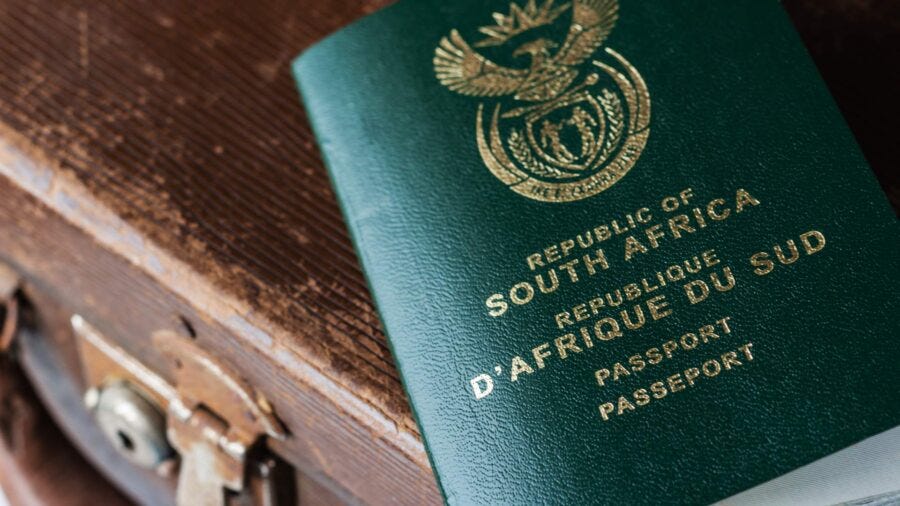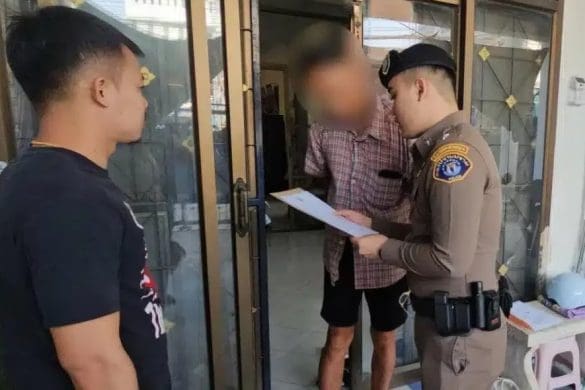
The investigation, led by the Hawks (South Africa’s Directorate for Priority Crime Investigation) and the Department of Home Affairs, revealed that Zuma was an active participant in a criminal network operating outside her official jurisdiction at the Richards Bay Home Affairs office.
Zuma’s role involved paying South African citizens to provide their fingerprints, which were then used to create fraudulent passports for foreign nationals. The passports were issued in the names of these citizens, but with the photographs of foreign nationals inserted in place of the rightful holders. The individuals receiving these passports came from countries such as Pakistan, Bangladesh, and the Democratic Republic of Congo.
Hawks spokesperson Colonel Philani Nkwalase stated, “Zuma exploited vulnerable South African citizens, offering between R300 ($16.50) and R500 ($27.50) in exchange for their biometric data, which was used to obtain passports for foreign nationals.” Zuma pleaded guilty to 1,159 charges related to this fraudulent activity.
Zuma’s arrest followed an investigation by Home Affairs that uncovered her collaboration with an international syndicate. The group exploited South African citizens’ identities, enabling foreign nationals to assume those identities and gain access to South African passports, which were later used for illicit purposes.
The case highlights the severe risk of identity theft and the widespread implications of such fraudulent schemes, undermining the integrity of national security and immigration systems. Zuma’s conviction serves as a strong message against corruption within government agencies.
The court sentenced Zuma to 35 years in prison, underscoring the gravity of her actions in facilitating this extensive fraud.
–ChannelAfrica/Minoshni Pillay–



